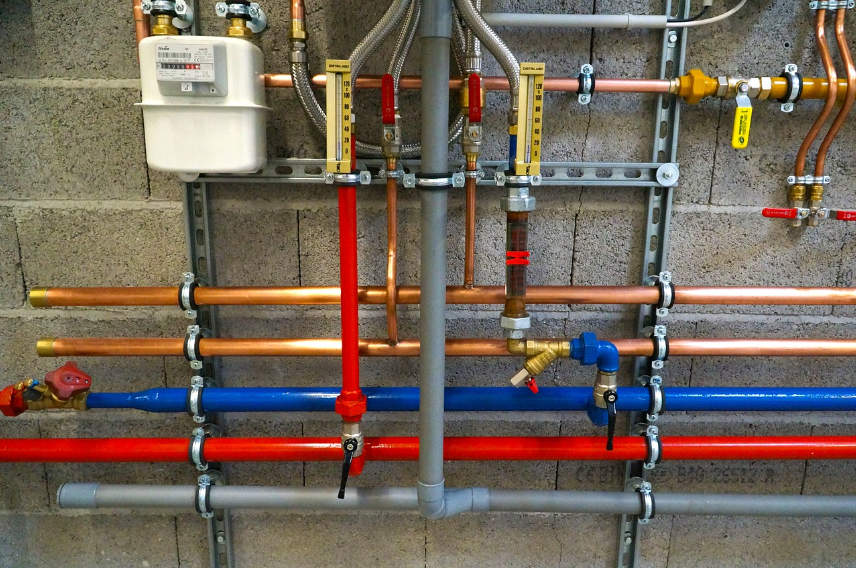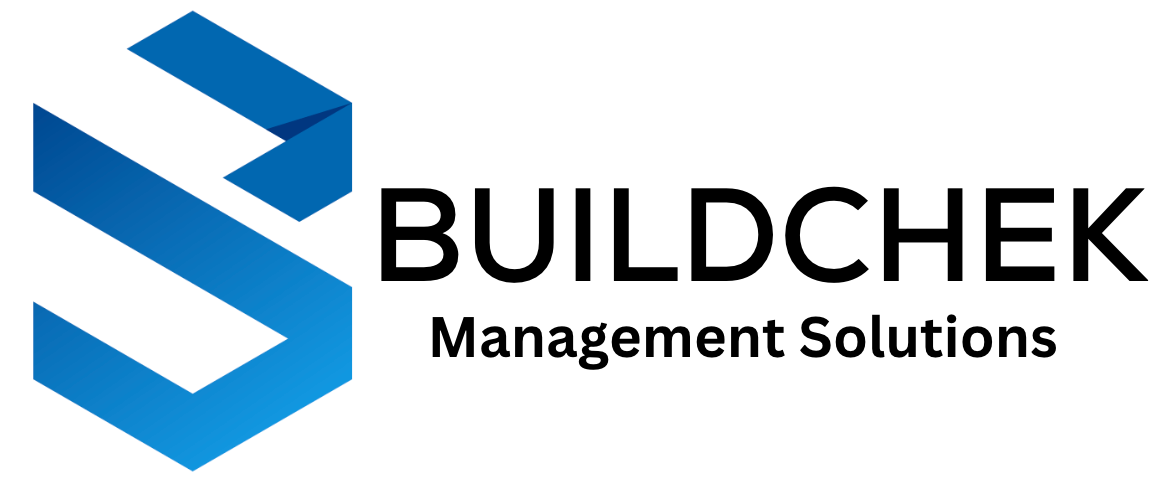Expert Tips for Successfully Passing Plumbing Permit Inspections

Navigating the complexities of plumbing permit inspections can be a daunting task, even for seasoned professionals. The key to successfully passing these inspections lies in meticulous preparation, adherence to local building codes, and a thorough understanding of the plumbing system's design and function. This article offers a comprehensive guide packed with expert tips and insights to help you pass plumbing permit inspections
with flying colors.
1. Understanding Plumbing Permit Inspections
Plumbing permit inspections are conducted to ensure that all plumbing installations comply with local and national building codes. These inspections cover various aspects of plumbing systems, including water supply lines, drainage systems, venting systems, and fixture installations. The primary goal is to ensure public health and safety by preventing problems such as water contamination, poor drainage, and sewage backups.
2. Know Your Local Codes
The first step in preparing for a plumbing permit inspection is to familiarize yourself with the local building codes. These codes can vary significantly from one municipality to another. Obtain a copy of the local plumbing codes and standards from your city or county building department. Understanding these requirements will help you ensure that your plumbing project complies with all local regulations.
3. Detailed Planning and Documentation
Before beginning any plumbing work, detailed planning is crucial. Create a comprehensive plan that includes diagrams of the plumbing system, materials to be used, and the layout of pipes and fixtures. Submit these plans along with your permit application to the local building department. This documentation will be reviewed during the inspection process to ensure compliance with the approved plans.
4. Use Quality Materials
Using high-quality plumbing materials is essential for passing inspections. Opt for materials that meet or exceed the standards set by the local building codes. Inferior materials can lead to failures in the system, resulting in leaks, bursts, and other problems that could fail an inspection.
5. Professional Installation
Even the best materials can fail if not installed correctly. It's crucial to either hire a licensed plumber or ensure that the installation is carried out under the guidance of someone knowledgeable in the field. Proper installation techniques must be followed to avoid common pitfalls such as improper slope of drain lines, incorrect venting, and inadequate sealing of joints.
6. Thorough Testing and Inspection
Before the official inspection, conduct a thorough testing of the plumbing system. This should include pressure tests for leaks, drain and vent system tests, and a review of fixture installations. Identifying and fixing issues beforehand can greatly increase your chances of passing the official inspection.
7. Cleanliness and Accessibility
Ensure that the work area is clean and all components of the plumbing system are easily accessible for the inspector. Clutter and inaccessibility can lead to a negative impression and might hinder a thorough inspection, potentially leading to an inspection failure.
8. Accommodate the Inspector
During the inspection, be present to provide access to all areas and answer any questions the inspector might have. Being cooperative and helpful can facilitate a smooth inspection process. Ensure you have all documents and receipts on hand, as the inspector might need to verify certain details pertaining to the materials and installation processes used.
9. Follow Up on Inspection Results
If your inspection results in a pass, you will be given a sign-off that your plumbing system is up to code. However, if you fail, it's important to take corrective action quickly. Review the inspector’s notes and address all highlighted issues. After corrections are made, schedule a re-inspection to get final approval.
10. Continual Education
Plumbing codes and standards are continually updated. Stay informed about the latest changes by attending workshops, seminars, and training sessions. This ongoing education will not only help in passing inspections but also enhance the safety and efficiency of your plumbing installations.
Conclusion
Successfully passing plumbing permit inspections requires a blend of thorough preparation, knowledge of local codes, use of quality materials, and professional execution. By following these expert tips, you can ensure that your plumbing projects meet all required standards and are completed without regulatory hiccups. Trust Buildchek, with our comprehensive building permit database and tools, to provide you with the necessary resources to streamline your permitting process and keep your projects compliant and up to standard.

